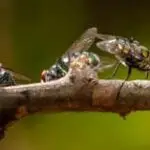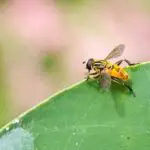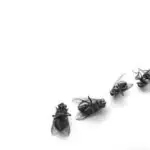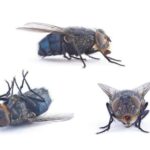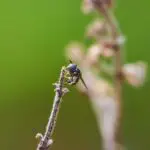Do Flies Have Protein in Them?
The answer to the question “Do flies have protein in them” is a resounding “yes”. Insects are a healthy source of protein and can help to meet the protein needs of humans and other animals. They also have a variety of nutritional value and are considered to be a sustainable food source.
Black soldier fly larvae are a particularly excellent source of protein. They contain as much as 43% of protein and are also high in lipids and calcium. The larvae can also be processed into flour, making them a good alternative to meat-based proteins. In addition to being a sustainable and ethical source of protein, black soldier fly larvae are delicious and have a meaty flavor.
The proteins found in flies’ body are similar to those found in humans. Some of these proteins are involved in sensory processes and enable flies to distinguish between different kinds of food. The Sestrin family of proteins allows flies to sense the amino acid leucine. These proteins work in conjunction with metabolic pathways to help them cope with a leucine shortage.
Scientists have also discovered that flies can use the nonopsin protein to detect bitter tastes. When high concentrations of a particular bitter molecule are presented to them, it directly stimulates this protein. In addition, these proteins also make it easier for insects to detect small quantities of these substances. Previous research has also confirmed the importance of opsins in insects, but these new findings extend the role of these proteins even further.


